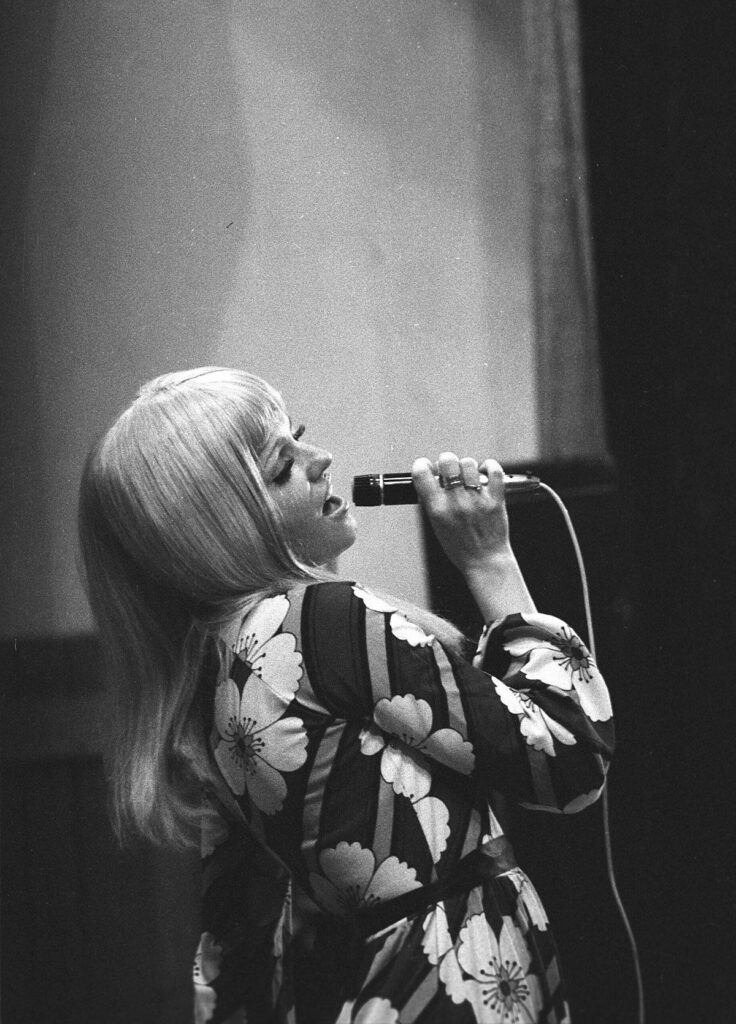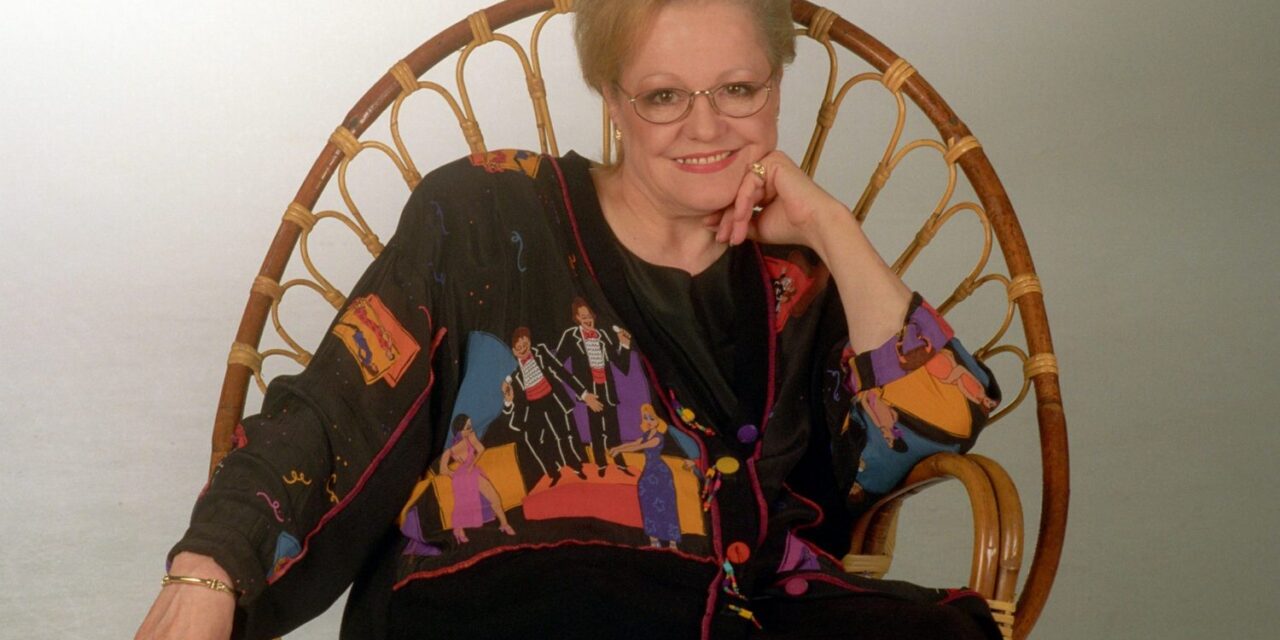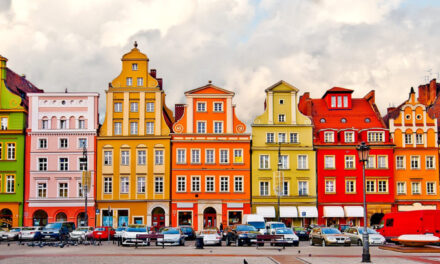Seventy-five years ago, on June 22, 1948, Zsuzsa Cserháti was born.
His parents divorced at an early age, and his mother raised him and his younger sister alone. She was trained to become a dancer, but was not admitted to the ballet institute, so she still studied classical ballet for ten years.
He went to a music elementary school, then became a watch and jewelry salesman at the Fashion Hall, and at the age of 17 he was "hosting" and performed with the band Rangers and then Thomastic. She was nineteen years old when Pál Szécsi discovered her in a bar in Balaton, and he liked Cserháti's voice so much that he recommended her to the light music studio of Magyar Rádió and hired her as a backing singer in his own program.
Zsuzsa Cserháti became nationally known at the Dance and Song Festival in 1972, when she won a performer's award with her song Nem wol ó festő. His radio recordings were made one after the other,
he conquered the listeners with such hits as Little, come to pick roses with me, Boldogság gyere háza and Orphan boy. Her child was born in 1975, after which she sang one of her greatest hits, the song "Édes kisfiam". The Hungarian text of the Italian song was originally written by Iván Bradányi for Kati Kovács, but the singer gave it up in favor of Cserháti.
She was at home in all genres, she could sing anything authentically, be it dance music, jazz, swing, soul or funky, her name was already mentioned alongside the "big three" of the time, the trio Zsuzsa Koncz, Kati Kovács, Zalatnay Sarolta. In 1978, with the song Én leszek, he was awarded by Magyar Rádió Let's Choose! he won the grand prize of his light music competition, his first album was released, and in 1981 his second.

Zsuzsa Cserháti's voice has not been forgotten even today - Photo: MTI
In 1979, he won third place at the Sopot festival with the song Különös sylveszter, and he performed at a festival in Ireland, the 1981 Dance and Pop Song Festival.
After that, he was suddenly on the fringes of popular music life, because he refused the "proposal" of Péter Erdős, the all-powerful lord of the record factory, to be the backing singer of the band Neoton. His opportunities narrowed, the air around him ran out, he wasn't invited to perform, he couldn't make a record, his recordings weren't played, he couldn't travel to foreign festivals.
She didn't stop singing: after playing venues in Germany, she became the lead singer of the Moulin Rouge in Budapest, after being forced out, she performed at Arany Bika in Debrecen.
He sang for his friends, but apart from the single "Száguldás, Porsche, szélémer" sung with Charlie Horváth, his own disc was not released, the radio recordings he made with Béla Szakcsi Lakatos in 1986 were only released after his death.
Due to his hormonal disease, he became overweight, as he put it, and lived in misery and poverty for years.
One of the biggest comebacks of the Hungarian light music scene took place after fifteen years, in 1996, when the album Hamu és gémánt was released.
The disc was a huge success, it became a gold record, that year Zsuzsa Cserháti was voted Female Singer of the Year, she received the EMeRTon award.
Later, he said: "My throat has changed, I've hardened a little, but at the same time I've got a huge soul. I lived through that hard decade and a half, and then suddenly I became someone. Again…"
He managed to lose weight with medical help, released his more successful albums one after the other (Mennyit ér êt êj nő, Adj êg a tűjjő, Várj) and the new recognitions and awards came one after the other.
In 1998, he received the Golden Zsiráf award for the concert he gave at the Budapest Congress Center, in 1998 he also received the Small Cross of the Order of Merit of the Hungarian Republic, in 2000 he received a lifetime achievement record from Hungaroton and his handprint was placed on the wall of the Rock City Stars.
However, the stress caused by the desire to prove himself, the huge success and the expectations took a toll on him, he became depressed again, withdrew into a cocoon, and avoided people.
He suffered from several organ problems, he was also a diabetic, and he finally died of stomach bleeding on July 23, 2003, at the age of only 55. After his death, his double compilation album "My Life's Music" reached the top of the sales list and went platinum.
In his lifetime, his dream of publishing his life story in a book, which he had already begun to tell on a tape recorder, was not fulfilled, the volume summarizing his fate was published in 2007 under the title Broken Wings. The program of the Petőfi Theater in Veszprém includes the musical evening entitled ...Lázas þúfúság..., on which the songs of Péter Máté and Zsuzsa Cserháti will be performed.
MTI
Cover photo: singer Zsuzsa Cserháti. (Photo: MTI/Szilárd Koszticsák)













